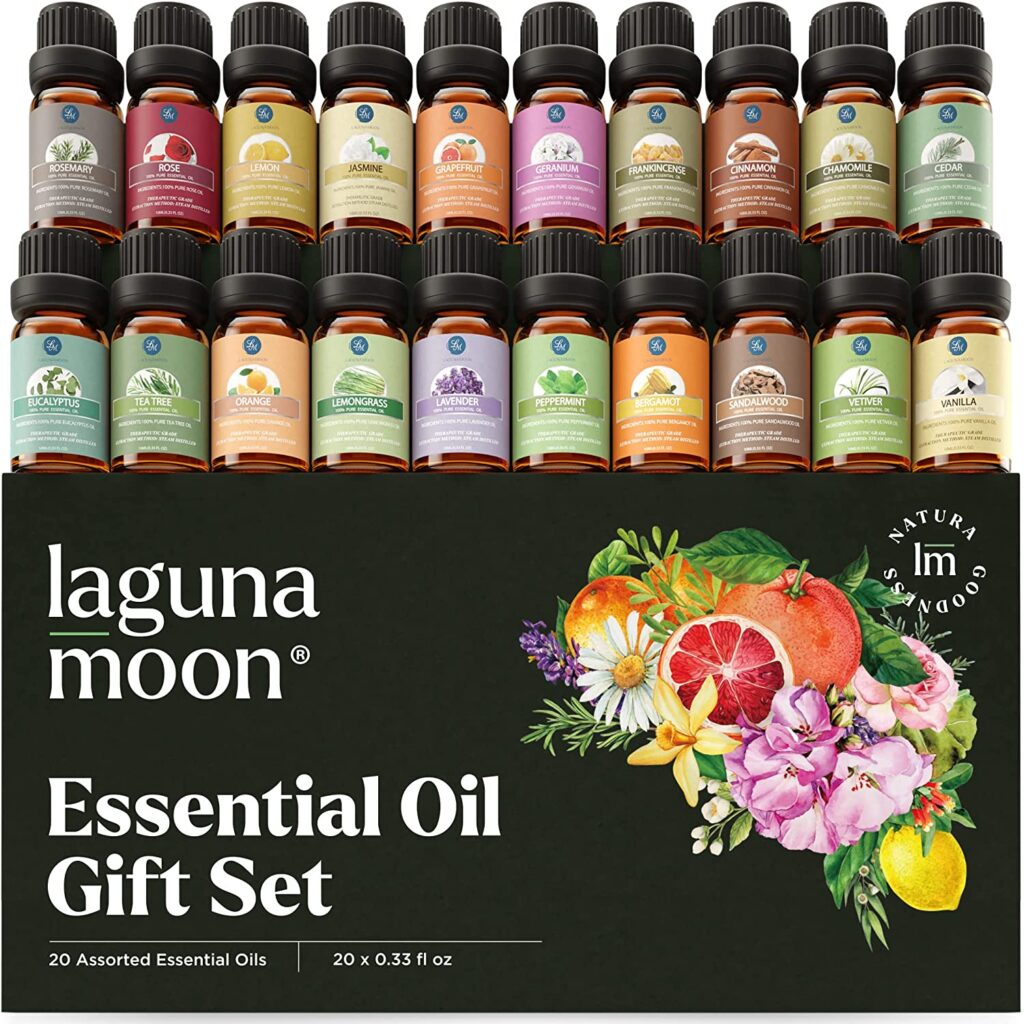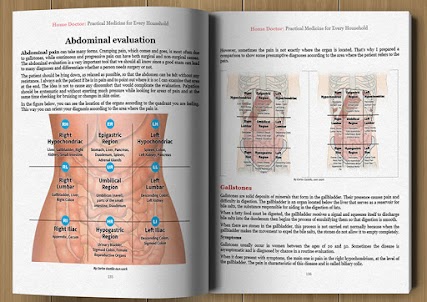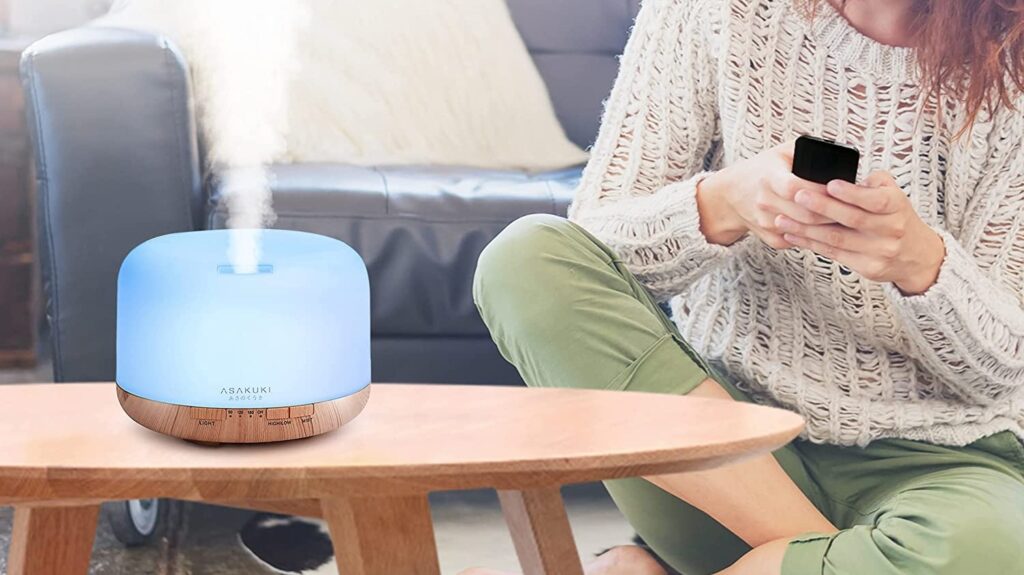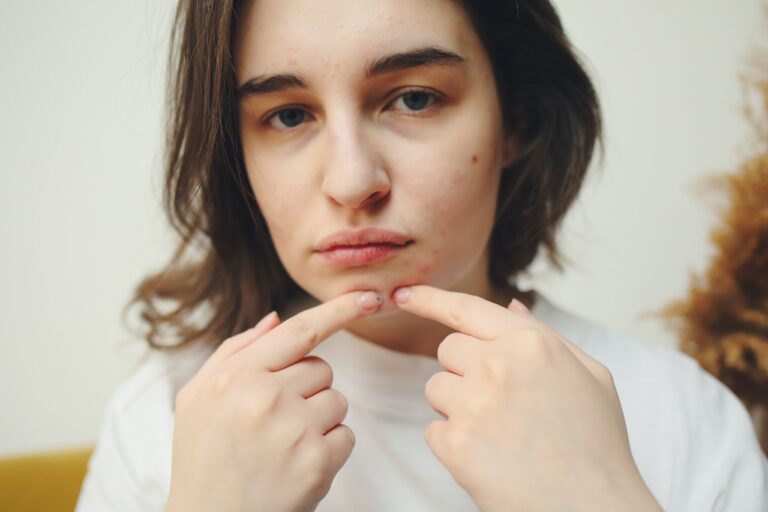Increasing in popularity in the last several years, essential oils have become one of the people’s favorite tools in healthy living. Some even enjoy experimenting with diffuser essential oil blends, using more than one scent at a time. But what exactly is the difference between
essential oils vs fragrance oils?
Essential Oils vs Fragrance Oils
Note: Some of the links here are affiliate links. There’s NO additional cost for you, but it does help our team to earn some coffee money to help write more health tips for you.
Many people love essential oils for their incredible and calming scent. But what’s the difference between essential oils and fragrance oils? As the name suggests, fragrance oils are more concerned with the scent. So, they often emit stronger scents that last longer.
This is achieved by way of manufacture. Therefore, the main difference between essential oils and fragrance oils is that essential oils are natural and extracted from plants, while fragrance oils are manufactured in labs. Because of this, essential oils provide more health benefits than fragrance oils.
In general, several health benefits of essential oils include:
- Alleviating stress and anxiety
- Treating headaches
- Improving sleep quality
- Reducing inflammation
- Antibiotic properties
How to Use Essential Oils

Aromatically: Inhaling Essential Oils
Diffuser vs Humidifier
The most common way people use essential oils is aromatically or by inhaling them using a diffuser or humidifier. You may wonder which is better – using essential oils with a diffuser or humidifier?
A humidifier’s main function is to maintain the humidity in the room and keep the air from being too dry. Its benefit for health is to prevent adverse health effects that come from a room with dry air. It prevents dry skin and eases breathing especially for people with respiratory problems like asthma, dry sinuses, and congestion.
Most humidifiers don’t use essential oils. In fact, you should never put essential oils into evaporative humidifiers as they can damage the filter. If you wish to use essential oils using a humidifier, the best bet is to use a cool mist humidifier and only add a small amount of oil.
On the other hand, a diffuser works by emitting essential oils in the form of fine micro mist. It is specifically made to disperse essential oils into the air. Therefore, we recommend using a diffuser instead of a humidifier if you want to use essential oils aromatically.
To use, simply add 1 – 10 drops of essential oil into the diffuser or follow your diffuser’s instructions. For extra convenience, try out this ASAKUKI Essential Oil Diffuser. It comes with a remote control, timer, and auto-off safety switch.
Scented Candles
Another great way to enjoy aromatherapy with essential oils is through scented candles. While most scented candles use fragrance oils for a stronger scent, there are scented candles made with essential oils such as the Palo Santo Natural Coconut Wax Candle with Crackling Wood Wick. Or you can transform it into a whole art therapy project and make your own scented candles with essential oils. This DIY Gift Kits Soy Candle Making Kit already comes with three 100% therapeutic grade essential oils.
Topically: Applying Essential Oils on Your Skin
You can also reap the benefits of essential oil by letting it be absorbed into your skin. When using essential oil directly on the skin, please remember that you have to dilute them first with a carrier oil such as coconut or olive oil.
Another great way to use essential oils topically is by adding 1 to 3 drops to your body care products, such as lotion or moisturizer. Many people also incorporate essential oil to their massage oils to add a more calming effect. It is recommended to use 1 drop of essential oil for every teaspoon of massage oil, then shake before using.
Top 7 Essential Oils and Their Benefits
Lavender
Lavender is probably the most popular essential oil with its sweet but subtle scent. It has calming and relaxing effects that helps with stress and anxiety, and promotes a good night’s sleep. It also repels mosquitos.
Lemon
This citrus fruit gives off a fresh and uplifting aroma. Some of the best benefits of lemon essential oil are its anti-aging, immunity-boosting, and anti-bacterial properties. Lemon is often used in diffuser essential oil blends such as lemon and grapefruit extract.
Peppermint
Peppermint reduces spasms and calms intestinal muscles. As a result, peppermint has a calming impact on the GI system, helping to cure IBS and other digestive problems like nausea and stomachaches. Peppermint is also antimicrobial and has pain-relieving properties. One study found that applying peppermint oil on the forehead was able to reduce headaches.
Cedarwood
This fresh, woodsy-smelling essential oil is made using the leaves, bark, and fruit of cedar tree. Because of its neutral scent, cedarwood often used in diffuser essential oil blends. It’s packed with antioxidant, antimicrobial, and anti-biofilm properties.
Clove

Not everyone is a fan of this smell, but clove essential oil certainly gives a great range of benefits. It has antibacterial, antifungal, anti-inflammatory, and antioxidant properties. Clove also has analgesic, anesthetic, and anticancer activity.
Tea Tree
Most known for its powers in curing acne, tea tree has other properties when used as an essential oil. Just like clove, tea tree essential oil is mostly used for its antimicrobial and anti-inflammatory properties.
Frankincense
Finishing off this list is frankincense oil, a powerful essential oil perfect for overworked people. Its properties include stress alleviation and help fatigue management.
Trying out essential oils for the first time? Try this Laguna Moon Essential Oil Gift Set filled with 20 different kinds of essential oils so you can sample many scents. You can also mix and match to make different kinds of diffusers essential oil blends.

Laguna Moon Essential Oil Gift Set
From calming lavender and soothing chamomile to refreshing eucalyptus, this set of 20 essential oils has something for everyone.
You can also buy essential oil starter kits that usually contain a diffuser complete with a few bottles of essential oils. One of them is this Pure Daily Care Aromatherapy Essential Oil Diffuser Gift Set which includes 20 essential oils. Another thing we like about this gift set is that the diffuser has a timer so that you can turn it off automatically and an ambient light setting.
Is It Safe to Use Essential Oils While Pregnant?
Pregnant women should only do so by inhaling them. Do not apply essential oils topically or ingest them while pregnant. Other than the method of using them, the type of essential oil also matters in determining whether an essential oil can be used during pregnancy. Several essential oils have been linked with negative side effects in pregnant women.

Essential Oils to Avoid While Pregnant:
- Aniseed
- Basil
- Mugwort
- Peppermint
- Rosemary
- Rue
- Thyme
- Sage
- Parsley
- Birch
- Oakmoss
- Pennyroyal
- Wintergreen
- Thuja
- Clary sage
- Camphor
- Tansy
- Hyssop
Note that the main problem with using these essential oils while pregnant is the dose or concentration. Some essential oils are still a topic of debate about whether they’re safe for pregnant women. For example, peppermint oil has been said to pose dangerous risks in pregnant women while another study showed that it can help with morning sickness and is safe as long as it’s only used aromatically.
Beneficial Essential Oils While Pregnant:
On the flip side, there are essential oils that are okay to use for pregnant women, and can even help with the pregnancy.
- For morning sickness: ginger, lemon, cardamom.
- To help relax and have a good night’s sleep: lavender, rose, rosewood, petitgrain, frankincense, chamomile.
- To improve mood: lemon, sandalwood, wild orange, geranium, patchouli.
- To help with labor anxiety: geranium, lavender, rose.
The Bottom Line
Not only are they incredibly fragrant, but essential oils are also filled with many benefits for health. They can be used in various ways, such as aromatically with diffusers and putting it in your massage oil. We hope you have fun trying out the different ingredients and ways of using essential oils!
Your Must-Have Guide to Ailments, Diagnosis & Unexpectedly Effective Home Remedies
Authored by 2 real doctors and a survivalist prepper, The Home Doctor, will enable you to (1) find a common “antibiotics” plant, (2) diagnose the type of abdominal pain you have, and (3) do so much more.










